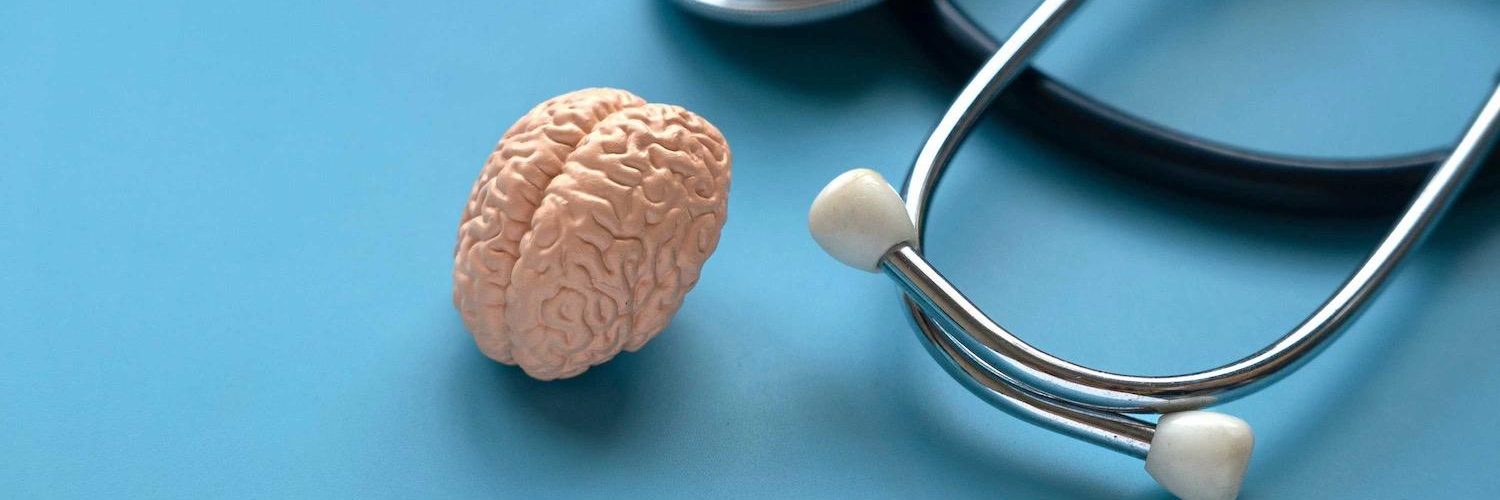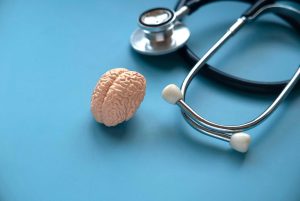Medical Marijuana For Neurodegenerative Diseases
- Jake Peter
- Published: August 1, 2023
- Fact-checked by Dr. Desiree Granados

Neurodegenerative diseases are conditions that affect the nervous system and can lead to a gradual decline in cognitive functioning. These diseases include Alzheimer’s, Parkinson’s, Huntington’s disease, multiple sclerosis, and amyotrophic lateral sclerosis (ALS). While there is no cure for these debilitating conditions, medical marijuana has been found to be an effective treatment option for many of the symptoms associated with them.
In this article, we will discuss how medical marijuana can help reduce pain and improve quality of life for those living with neurodegenerative diseases.
Types of Neurodegenerative Diseases
Neurodegenerative diseases are illnesses that damage the brain and nerves. Examples of these diseases include Alzheimer’s, Parkinson’s, Huntington’s, and Amyotrophic Lateral Sclerosis (ALS). These diseases are progressive, meaning they worsen over time.
In Alzheimer’s disease, the brain cells responsible for thinking, memory, and language become damaged or die off. This causes a decline in cognitive abilities and problems with day-to-day functioning.
Parkinson’s disease is caused by the death of nerve cells in the brain that produce dopamine, which controls movement. Symptoms include tremors, stiffness, and difficulty walking.
Huntington’s disease is an inherited disorder where the nerve cells controlling muscle movements become damaged over time, leading to involuntary jerking movements called chorea.
ALS is a progressive neuromuscular disorder that affects both upper and lower motor neurons, resulting in weakness and wasting of muscles throughout the body.

How Can Medical Marijuana Help?
Medical marijuana has been used for centuries to treat a variety of illnesses and conditions, including neurodegenerative diseases, which are caused by the progressive loss of nerve cells in the brain and central nervous system.
Research suggests that medical marijuana can help address the symptoms associated with these diseases. Studies have shown that THC, one of the active ingredients found in cannabis, can reduce inflammation in the brain and mitigate pain. This is significant because inflammation is one of the main contributors to many neurodegenerative diseases.
In addition to reducing inflammation, THC has also been shown to help protect neurons from damage caused by free radicals and oxidative stress. This could potentially slow down or even stop further decline in nerve cells, which could lead to improved quality of life for those suffering from these types of diseases.
Cannabidiol (CBD) is another compound found in cannabis that has been linked to therapeutic benefits in treating neurological disorders. CBD may be beneficial in reducing seizures associated with epilepsy, as well as alleviating symptoms related to dementia or Alzheimer’s disease. Some studies suggest that it may also help improve motor skills and enhance cognitive functions such as memory recall or learning ability.
In addition to providing therapeutic benefits on its own, medical marijuana may also be used alongside other treatments for neurodegenerative diseases such as physical therapy or traditional pharmaceuticals. Medical marijuana can be used safely as long as patients are monitored closely by a physician who can make sure any potential side effects are minimized.
Side Effects of Medical Marijuana for Neurodegenerative Disease
While medical marijuana can provide relief from some of the symptoms of neurodegenerative diseases, there are potential side effects associated with its use.
The most common side effects of marijuana use are fatigue and drowsiness. This can cause impairment in cognitive functioning, reaction time, and motor coordination. It can also increase the risk of depression and anxiety in patients who already suffer from these conditions.
In addition, medical marijuana can cause undesirable cardiovascular side effects. These include increased heart rate and blood pressure, as well as an increased risk of arrhythmia. Cannabis has also been shown to reduce oxygen flow to the brain, which can hinder cognitive functioning.
Finally, there is evidence that long-term use of medical marijuana can lead to addiction and dependence.
Conclusion
In conclusion, while medical marijuana has been shown to provide relief for some of the symptoms associated with neurodegenerative diseases, it can also cause a range of side effects. It is important for patients to be aware of these potential risks before considering medical marijuana as a treatment option. A doctor should be consulted prior to any decision to use cannabis medicinally.
States Where We Offer Medical Marijuana Card Services
How we reviewed this article:
- A Review on Studies of Marijuana for Alzheimer’s Disease – Focusing on CBD, THC
https://www.ncbi.nlm.nih.gov/pmc/articles/PMC6970569/ - What is Alzheimer’s Disease?
https://www.alz.org/alzheimers-dementia/what-is-alzheimers
Current Version
August 1, 2023
Written By
Jake Peter
Fact-checked By
Dr. Desiree Granados
Editorial Process
Our Editorial Process
Other Posts About Medical Marijuana Treatment

Jake Peter received his journalism degree from Emerson College and has been writing content for the Sanctuary Wellness Institute since 2021. He is passionate about all things cannabis.







